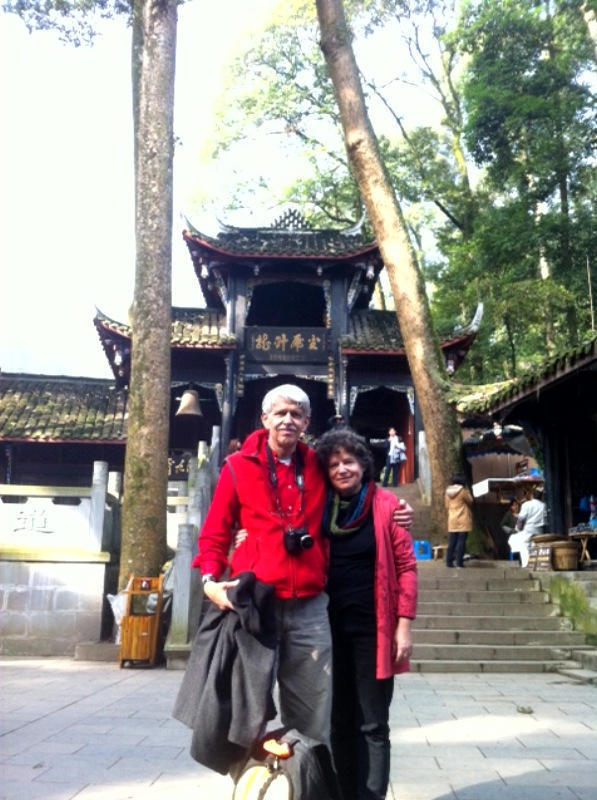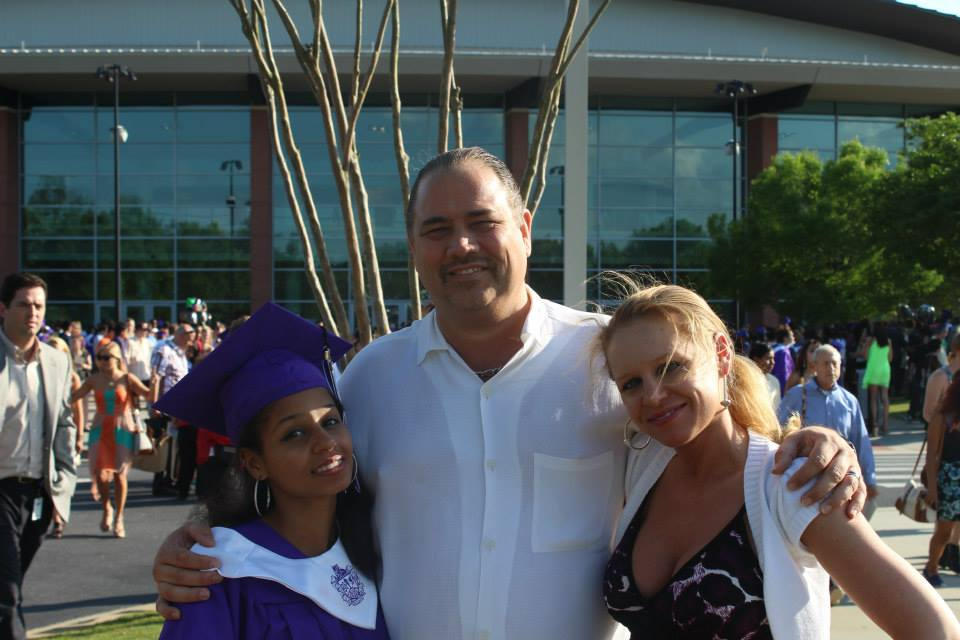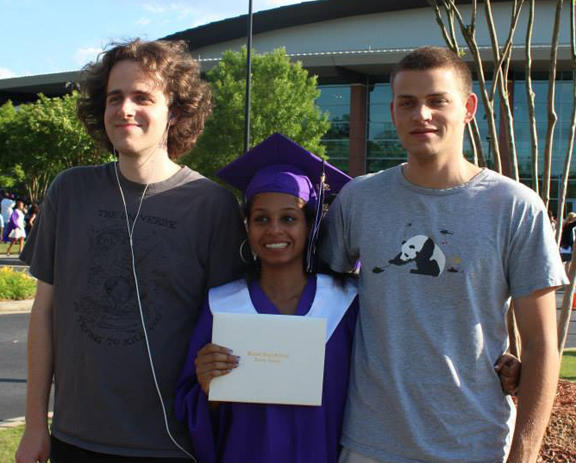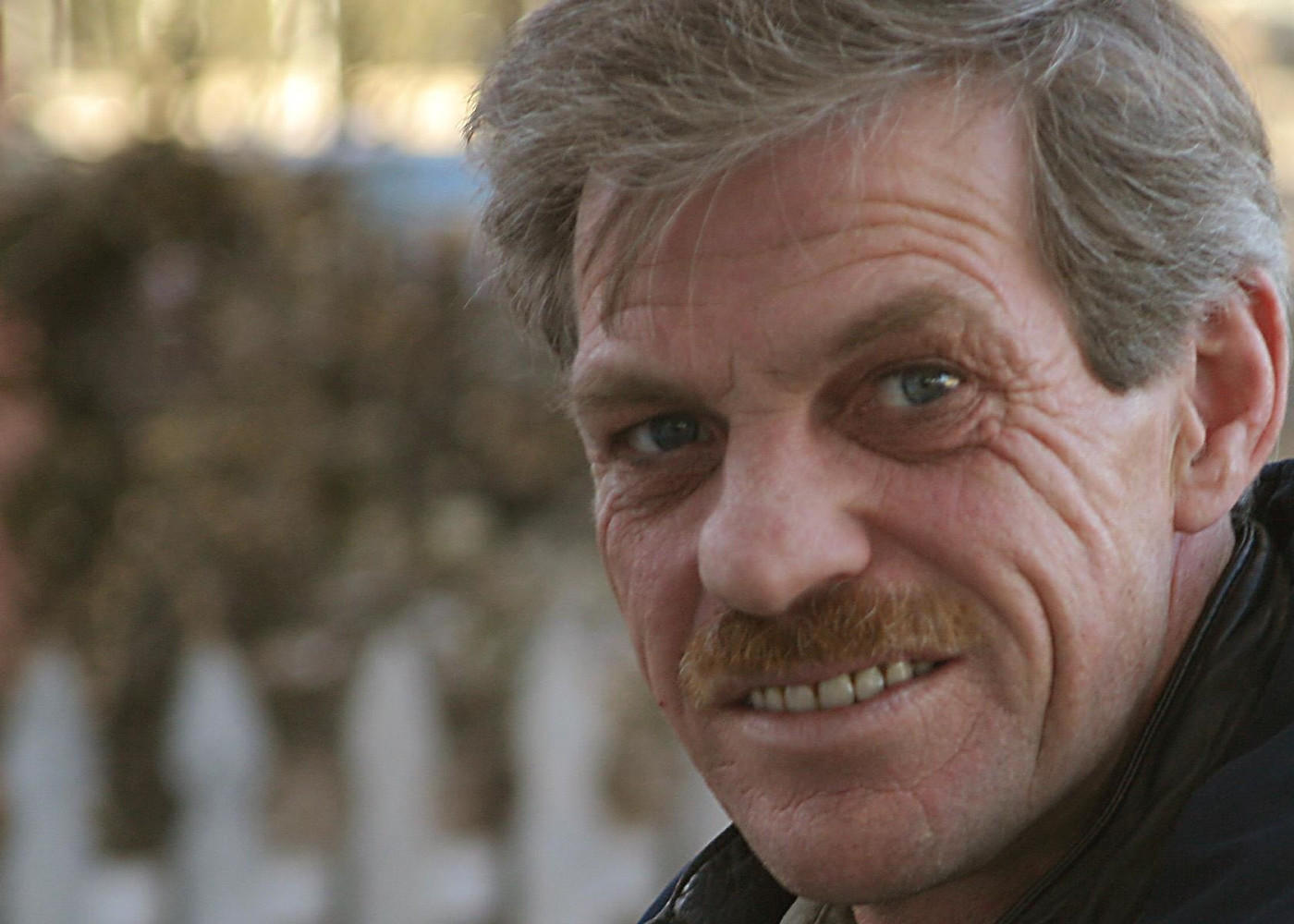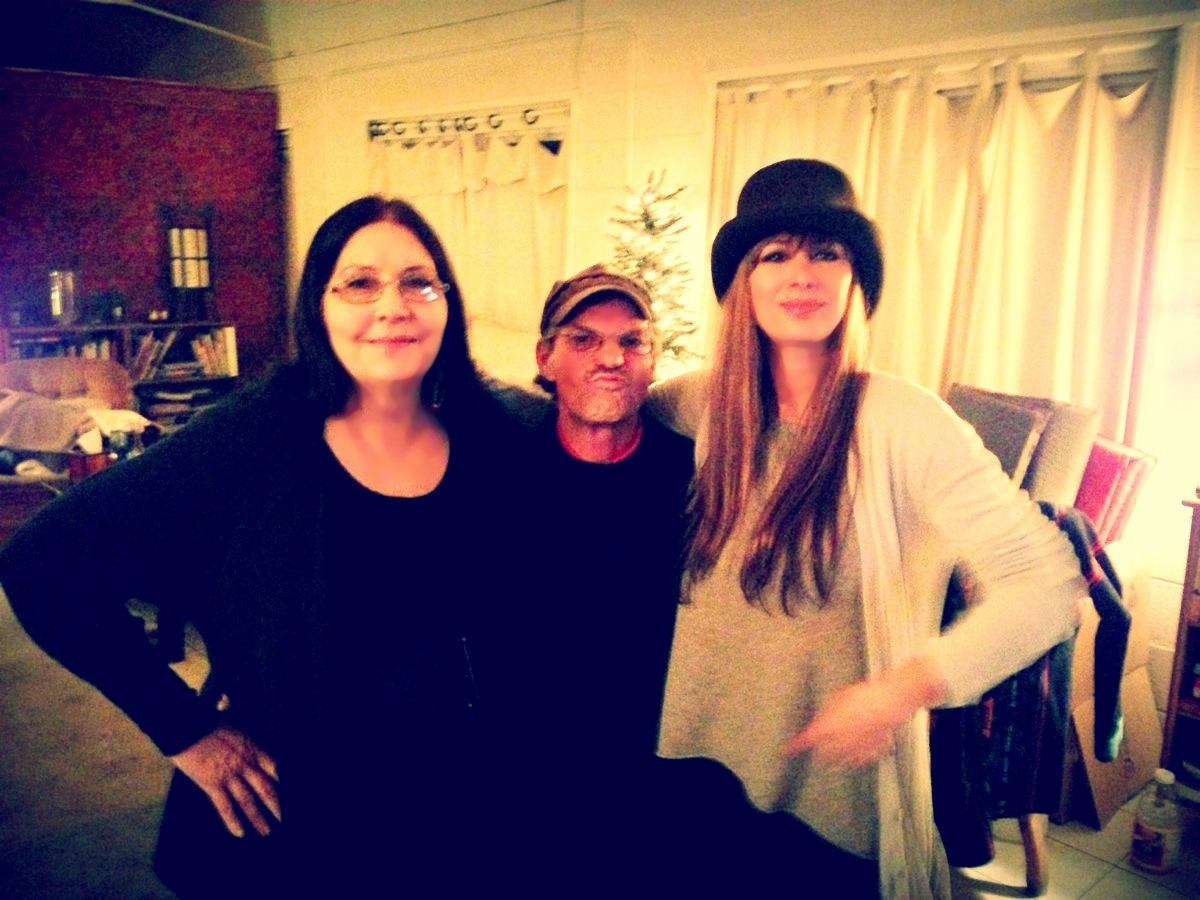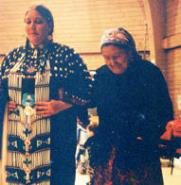Lea Gerlach
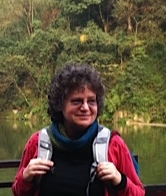
Lea (Nesmith) Gerlach through her father’s mother is a descendent of the Pilgrims and grew up hearing the story of John Alden and Priscilla Mullen. Interestingly, her father was born on Thanksgiving and died on Thanksgiving. In the rest of her father’s and her mother’s lineage there is a strong Scottish presence. Nesmith is a Scottish name and on her mother’s side there were Campbells and Pattersons (Scottish) while Lea, also a family surname is English.
Growing up in the South during the Civil Rights era, Lea was deeply affected by the forces of the time. A deep longing to contribute to the healing of racism was one of the factors in her decision to become a Baha’i when she was 16 years old. The racially diverse Baha’i community in metro Atlanta became the workplace where she could confront the cultural conditioning and racist attitudes that had shaped her childhood.
Today, Lea lives in the South with her husband Ken. Her daughter’s family and her two sons live nearby. Through her two granddaughters, Lea experiences the fulfillment of her dreams and sees in her own family the reality of “we are all related.”

Paula Bidwell
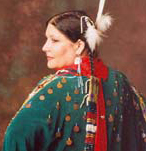
Paula Bidwell is of mixed Native American blood, Shawnee, Lakota, Cherokee, Delaware and Seneca and including a mix of Northern Italian from her mother’s ancestry. Interestingly, it wasn’t until her later years that it was discovered her great grandfather Abeyah Young was a Lakota from the Rosebud Sioux reservation, most of her life she had not known this.
Paula is also a Traditional Powwow Dancer and Singer. She began to dance in the 1980’s and has won numerous prizes across the U.S. and Canada. In the 1990’s she was acknowledged as a “Wicaglata (Woman Singer) on the Standing Rock Sioux reservation.
Paula spiritual background includes being considered a “traditional woman”. In her early life she spent many years being trained to conduct women’s ceremonies in the Lakota traditions and language. In her later years, because of a sacred vision, she became a member of the Baha’i Faith. The Baha’i Faith is very different from other existing world religions in that it does not espouse that it is the only “true” path or religion. The Baha’i Faith acknowledges all sacred traditions and religions as equal. This allows Paula to continue in her traditions and be a member of the Baha’i Faith. It also maintains that all religions and traditions are progressive and need to adapt to the needs of the people in the times they live in. Paula sees the times we live in as a time that contains tribal realities, but also includes awarenesses of national and global realities. In her life she has witnessed with the advent of the internet and the availability of vast amounts of information how this has changed the people. She is most interested in the future generations and how they will maintain the positive and sacred aspects of their cultures in a very diverse world. She believes the Message of Baha’u’llah through the Baha’i Faith gives us guidelines about how to continue these Native traditions and other oral traditions, such as from the African continent and the Island Nations, into the current global reality of world civilizations.
Paula believes strongly that we are all related and there is very little separation between us.
Below are photos of Paula's family.
The following prayers have come from our hearts as both Pilgrim and American Indian.
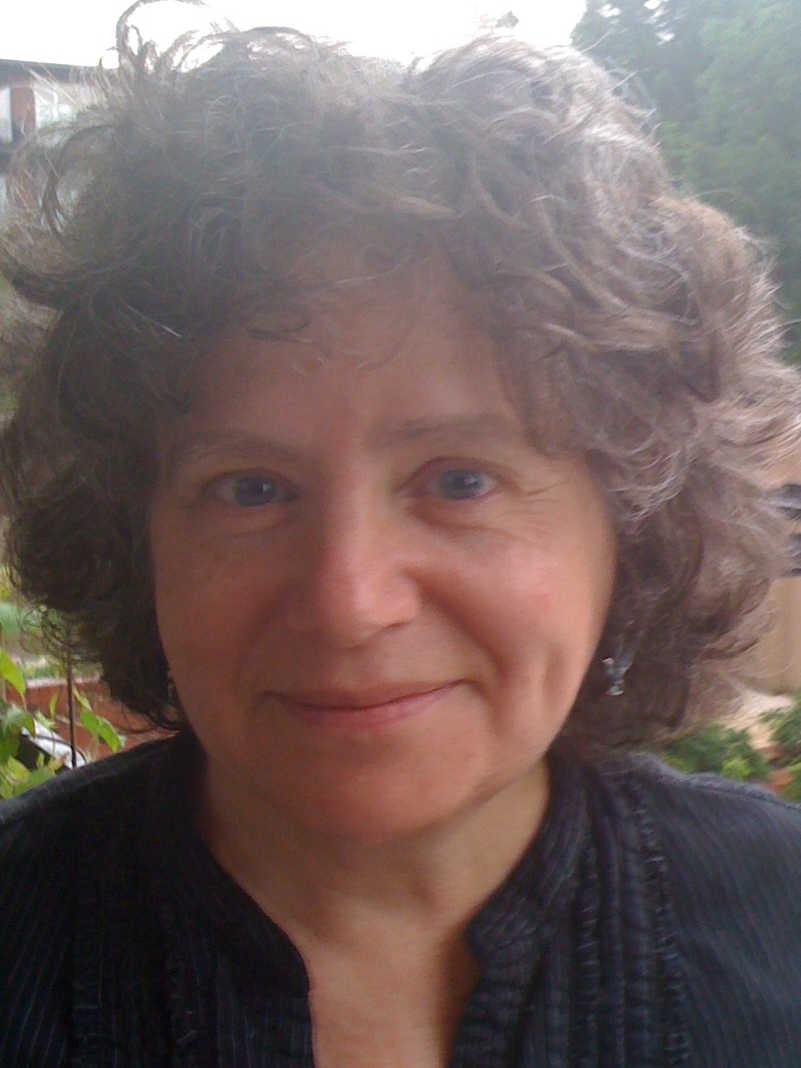
Our Creator, O King of the Seen and the Unseen,
I am here with my sister in a sacred space,
with common purpose, to heal the wounds
of the present, and past and help call into being a better future.
Please, may we represent not only ourselves but also those
who have gone before and those yet to come.
May I represent the oppressor and the oppressed
among my own people in this sacred place.
We ask for Thy mercy, forgiveness, and grace.
Please, may we become one people.
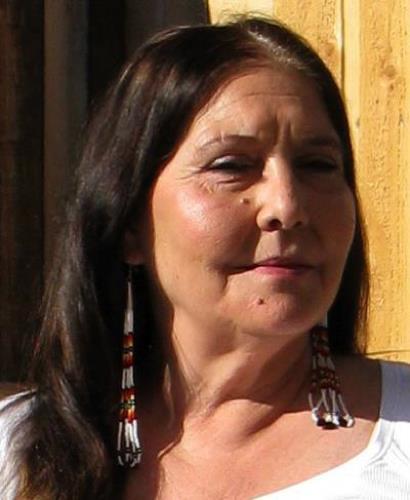
Tunkasila with courage I am coming toward you,
with honor I am coming toward you.
Tunkasila in my sacrifice I am coming toward you,
in my forgiveness I am coming toward you,
in my silence and in my words I am coming toward you.
Tunkasila dry my tears and the tears of all who cry.
Tunkasila guide us as we come toward you in this work.
Mitakuye Oyasin

